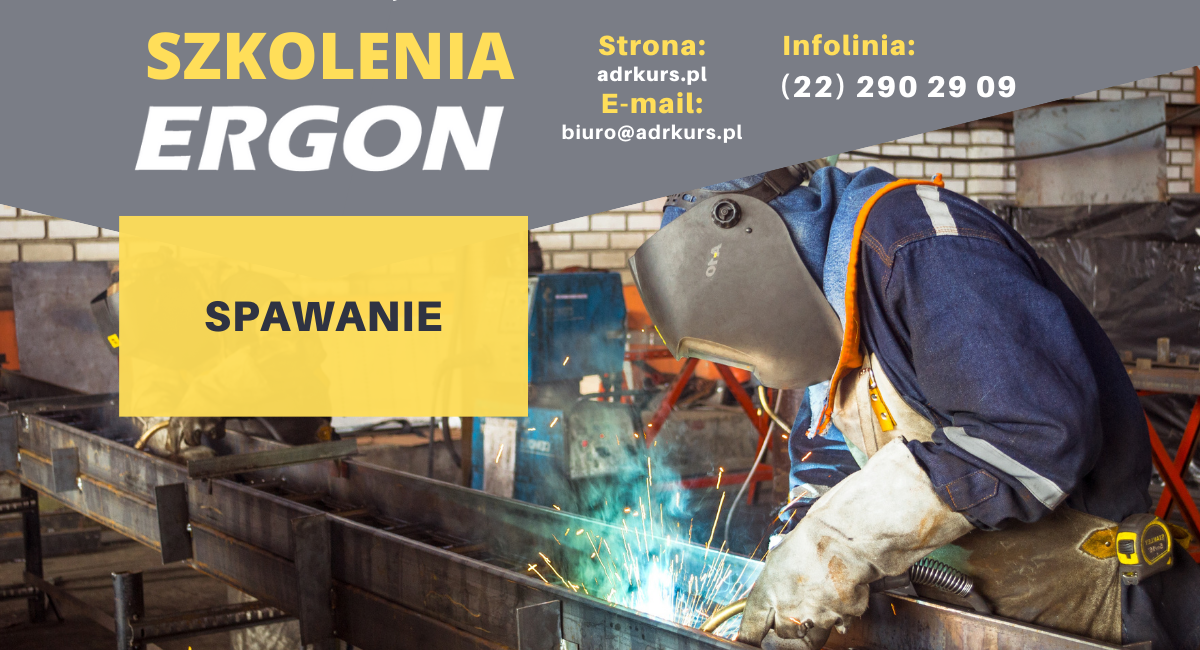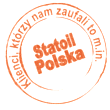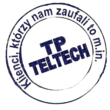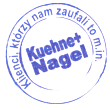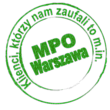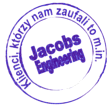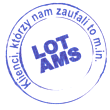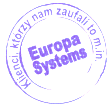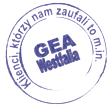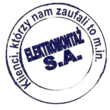Do you want to expand your professional competences?

Welding course
In today's labor market, a skilled worker is worth a lot to an employer. Therefore, if someone is looking for changes in their professional life and would like to find a better paid or more stable job, it may be a good idea to take a course expanding professional competences with additional permits.
A welder's course is a very attractive choice in such situations. It provides the appropriate permits, which provide the graduates of the course with the opportunity to work in a well-paid and still desirable on the market profession of a welder.
Why a welder's course?
Welder's licences, also commonly referred to as septic qualifications, allow the holder to carry out a wide range of metal cutting and welding activities using a variety of torches and welding machines. They enable the holder to carry out a wide range of welding work, such as gas cutting or plasma welding. Trainees with a welding qualification can operate and maintain equipment such as oxy-acetylene torches or plasma welders. In addition, a person with a welding qualification and relevant on-the-job experience can additionally provide on-the-job training for those with previous experience.
A welding course for yourself or the rest of your employees is therefore a very wise investment. In addition to attractive earnings, the experience gained can make it easier for the rest of the employees in the company to renew their welder's licences. A person with experience in welding can train the rest of the employees. Training in the company ERGON will provide everyone with the necessary experience to work with tools such as oxy-acetylene or plasma torches in a safe and efficient manner.
What types of burners?
Every person who completes a welding course at ERGON is qualified to operate a set of different welding machines and torches. These differ not only in their power and characteristics, but also in the work they are used for. The two most common types of torches and welding machines that our course graduates are qualified to use are:
| Oxy-acetylene torch | It operates on the basis of a mixture of technical gas (acetylene) with oxygen. The gas heats up very quickly and ignites the sheet metal to the ignition temperature. During operation with such a burner, the metal particles burned in the process are thrown from the sheet by a stream of air under high pressure. | The high temperature that acetylene can reach during welding work ensures fast welding. The torch also has a very high power output, making it ideal for welding or cutting thick sheets which would prove problematic for other types of torches. When cutting with an oxy-acetylene gas torch, due to the heat area produced by the tool, it is impossible to weld surfaces thinner than 3 millimetres without surface damage and other side effects. In addition, a lot of side-effects such as smoke or spatter are produced when using this torch, so acetylene-oxygen torches are not suitable for working on smaller or thinner surfaces. |
| Plasma torch | Tools of this type use the so-called The fourth state of matter, the plasma. When heated to an appropriate temperature, the plasma takes on the consistency of a flammable gas, which additionally has an electric charge. An electric arc is then created in the welder, which allows you to cut or weld the sheet. | Plasma torches have many advantages. The main one is efficiency - plasma torches can heat up very quickly to the temperature needed for welding work. The electric arc from a plasma torch provides precision which allows for accurate welding and cutting of sheet metal. For this reason, it is well suited for working on thinner or smaller surfaces. Unfortunately, the noise and fumes produced by plasma torch operation make it dangerous to work with a welding machine or plasma torch underground or in enclosed spaces. |
Who can take part in the training?
Those wishing to broaden their professional competence with a welding licence at ERGON do not need to meet any special conditions. The only requirements our company has for potential trainees are:
- Completed 18 years of age,
- At least primary education,
- No medical contraindications to the welding profession.
As you can see, you don't have to meet any exorbitant requirements to complete a welding course at ERGON. This makes it an ideal choice for those wishing to broaden their professional competence and increase their earnings.
What is the course like at ERGON?

Like other vocational training courses offered by ERGON, the welder course consists of a theoretical part, a practical part and an exam.
In the theoretical part of the course, students listen to a lecture on how to carry out welding work safely, the technical details of the equipment and how to start and stop work. The remote part of the course can take place online or on-site at our training centres.
During practical training, trainees have the opportunity to practice the knowledge they have acquired in the theoretical part of the course. Using equipment specially adapted to the welding course, the trainees have the opportunity to carry out welding work in a controlled and safe environment. This prepares them for the final part of their training.
The course concludes with an examination passed before a commission from UDT - the Office of Technical Inspection. The exam includes a theoretical (written) and a practical part. In the theoretical part, the trainees answer closed and open questions designed to test their knowledge of how to perform welding work safely. They then take a practical exam, which consists of correctly performing a number of welding tasks in front of a jury. Anyone who successfully passes both parts of the course at ERGON receives the qualification certificates needed to work as a welder.
